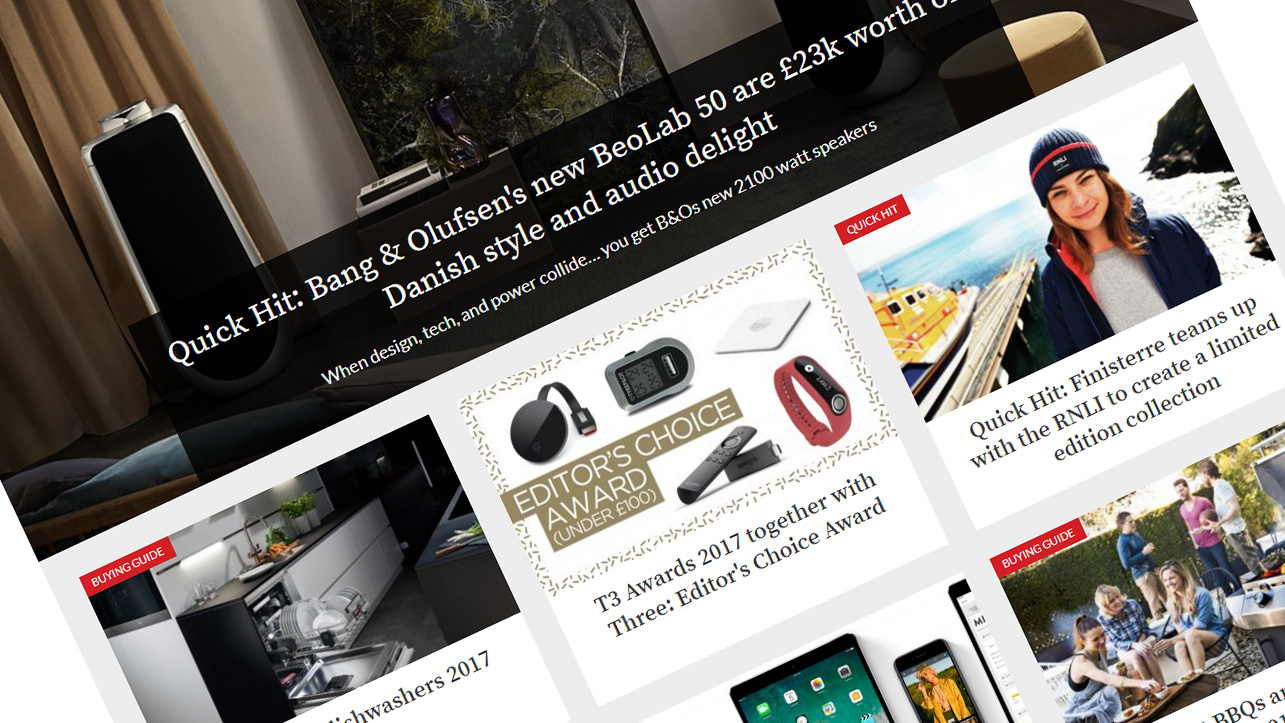
At Future Publishing we rely on advertising to keep bringing you the content you love to read. The majority of the content on T3 is created solely by our editorial team, but on occasion we also work with external partners to create content we hope our readers will find interesting and useful.
In some cases, advertisers support us in producing content. This content is labelled so you can see who has funded it and how it was created. We use the label on the page to clarify the advertiser’s involvement in the content.
“Sponsor Content Created With…” or “Advertisement Feature”
Articles that are labelled ‘“Sponsor Content Created With…” or “Advertisement Feature” are paid for and reviewed by a commercial partner. They may be produced by the client or by staff employed by T3. This is commercial content and so is subject to the Advertising Standards Authority regulations in the UK and Federal Trade Commission regulations in the US.
"Presented By…" or "Sponsored By…"
Articles that are labelled as "Presented By…" or "Sponsored By…" are independent editorial articles, created by writers employed by T3 that have been funded through the support of a commercial partner. When planning this content, the editorial team may find alignment with a funding partner on the topic and the headline of the article but the article is not subject to any client review in advance of its publish date. This content abides by the Editors’ Code of Practice from the Independent Press Standards Organisation in the UK and Federal Trade Commission regulations in the US.
If the commercial partner receives a sponsored section within a larger editorial article editorial article, that section will have a clear “Sponsor Content” label.
Preferred Partner
Articles that are labelled as "Preferred Partner," mean a commercial partner is offering a preferential affiliate rate to Future in exchange for greater prominence on the page, such as by highlighting a particular deal for a product that our journalists recommend.
T3 will only write content featuring “Preferred Partners” when we feel the content or product is aligned with what our audience wants. It is not sent to the funding partner for approval. This content abides by the Editors’ Code of Practice from the Independent Press Standards Organisation in the UK and Federal Trade Commission regulations in the US.







